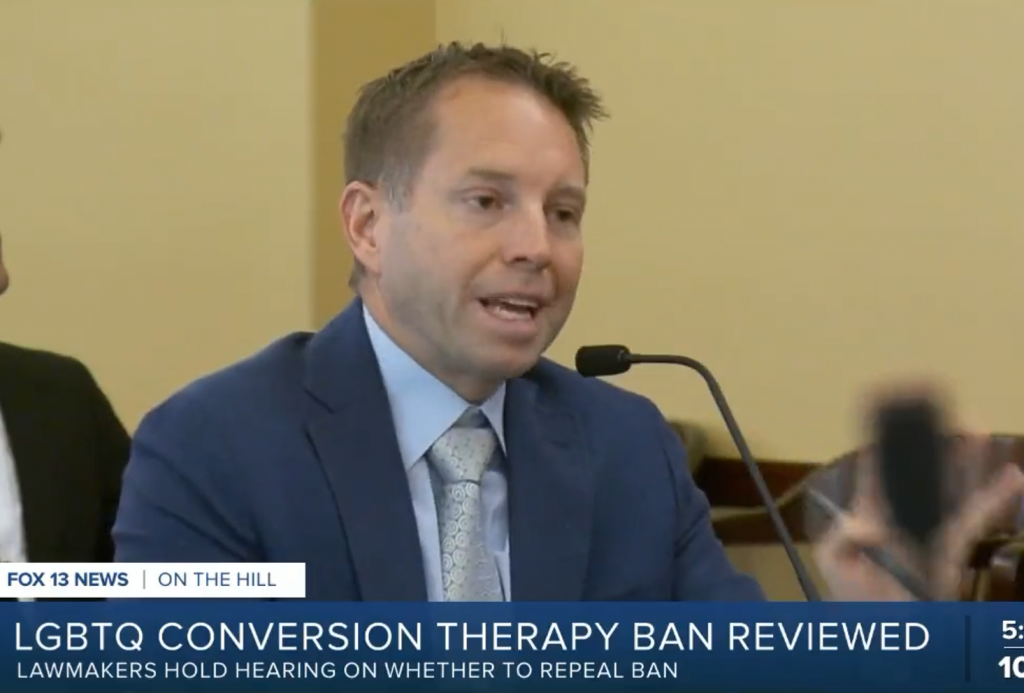As I have continued to study the words of President Nelson, I’ve been struck by his firm belief and conviction in the existence of absolute truth.
Perhaps no talk from President Nelson exemplifies this more powerfully than his introductory remarks from the most recent general conference.
“In that spirit, I invite you to listen for three things during this conference: pure truth, the pure doctrine of Christ, and pure revelation. Contrary to the doubts of some, there really is such a thing as right and wrong. There really is absolute truth—eternal truth. One of the plagues of our day is that too few people know where to turn for truth. I can assure you that what you will hear today and tomorrow constitutes pure truth.”
I love the simplicity of this promise. There is truth. Prophets are called to teach it. We can rely on it and treasure it. There isn’t a different truth for me and for you. There is just the truth.
I grew up in a Jewish home. When I was a kid, I developed a lot of questions about what happens after we die. Around me I had family members sick or dying and so these questions had a fierce urgency. As I got older and talked about this topic with my parents and religious leaders, I was surprised to find that there wasn’t a uniform answer. Everyone had their own views. Some believed in heaven and some believed in reincarnation and some believed there was nothing at all after this life. This confusion was deeply unsatisfying for me. While I appreciated the intellectual vibrancy of Jewish debate, I found that I could not find answers to the questions that I had, only more questions. I did not think that God could be the author of so much confusion and uncertainty.
One of the things that attracted me to the Church of Jesus Christ of Latter-day Saints was the belief that there is absolute truth and that there are Prophets and Apostles on the earth who reveal that truth from God. I’m so grateful for the opportunity to listen to conference and hear servants of God declare his truth with power and authority.
As we get ready for General Conference next weekend, I hope that we will all look forward to learning pure truth. More than that, I hope that we will be grateful for the knowledge that there is absolute truth and that we know where to look to find it.


